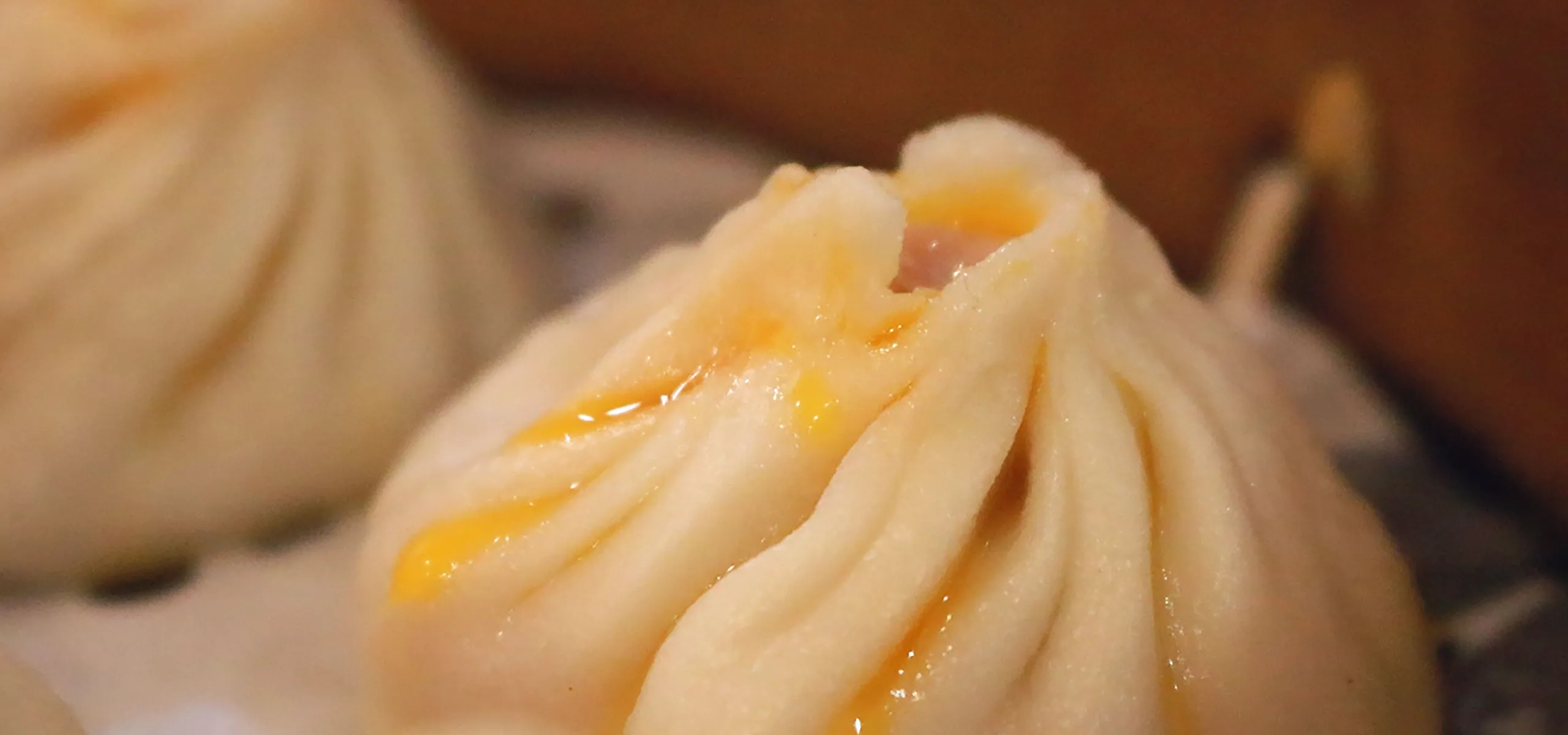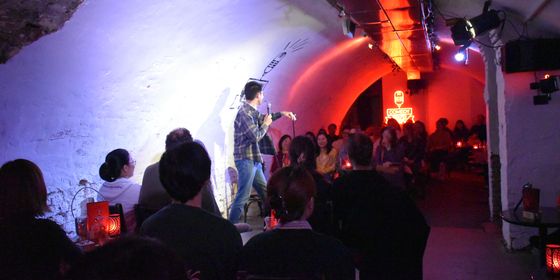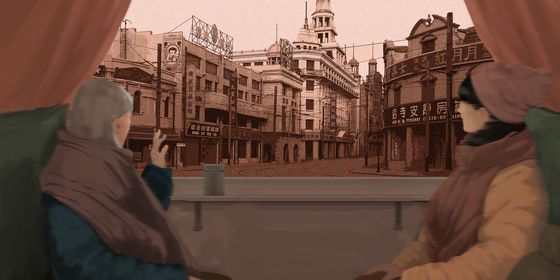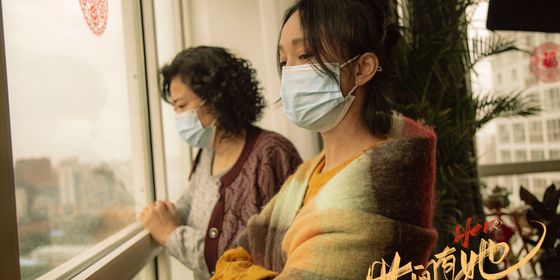Why the new Pixar short made overseas viewers cry—and mainland audiences mad
Fans of The Incredibles 2 have been abuzz lately—not just because of the highly rated feature film, but over the eight-minute short that precedes it.
“Bao”(包) is directed by Domee Shi, who was born in Chongqing but raised in Toronto (and also happens to be the first female director of a Pixar short). As with the famous opening to Up, though, the brevity of the animation has not stopped eyes in the audience from filling with tears of recognition, particularly those belonging to the Chinese diaspora, even while others—mainly white audiences—were confused to the point of utter bafflement.
The film is about an aging and lonely Chinese-Canadian mother, suffering from Empty Nest Syndrome, who receives an unexpected second chance at motherhood when a steamed bun (bao) she is making comes to life as a boy. In Chinese cuisine, bao can refer to assorted Chinese baozi (包子, steamed buns), or xiaolongbao (小笼包, “small steam-basket buns”)— why not try making one yourself?
The moving story and attention to detail that Pixar is known for have been particularly appreciated by overseas Chinese growing up in Western countries with two different cultural identities, one of which sees little representation in mainstream media. Chinese characters such as chashaobao (叉烧包, “BBQ Pork Bun”), laobobing (老婆饼, “Wife Cake”), and ruishijuan (瑞士卷 Cake Roll) can be seen in the film. The mother’s attire—sun visor, jade earring—the calendar on the wall, and references to the culture of drinking hot water are all touches of verisimilitude.
However, on Douban, where it’s known as “Bao Bao Bao” (包宝宝, Bao Baby), the short has earned a score of just 7.3 out of 10, a contrast to last year’s Pixar short, “Lou” (8.3), and 2016’s “Piper” (9.3). Judging from the plethora of reviews three stars or lower, the lukewarm reception may be because Douban’s (mostly) mainland Chinese users are not chiefly concerned with cultural representation, but more apt to nit-pick the details according to the feelings and controversies about parent-child relations, gender, and the generation gap in present-day China (SPOILERS AHEAD).
“Isn’t [the film’s] entire ambiance just typical of Asian or Chinese stay-at-home mothers?” one writer of a three-star review asked. “They push all their feelings onto the children…they don’t understand how to communicate, but just clumsily try to force [their children] to stick around.” Another reviewer, who gave the short one star out of five, was terse. “[Mother] can’t bear to lose control of child in her hand; swallows it. I’m speechless.”
Douban users did positively remark on the studio getting Chinese food and cultural elements right. The trickiest scenes to create in the short, according to Shi, were the food shots. It took the FX crew two months just to create the right folds of the dumplings: “Food is very complicated to do on the computer. We did lots of research. We filmed my mom a couple times making her dumplings”
So, whether or not you have eaten or made baozi before, check out the short and see if you appreciate the beautiful details and gratifying representation—or if you, like this Twitter user, think:
If the dumpling in Bao was a girl it would just be a 10-minute short of the mom calling her daughter fat and asking when/if she’s going to get married
— Dami Lee (@dami_lee) June 27, 2018













